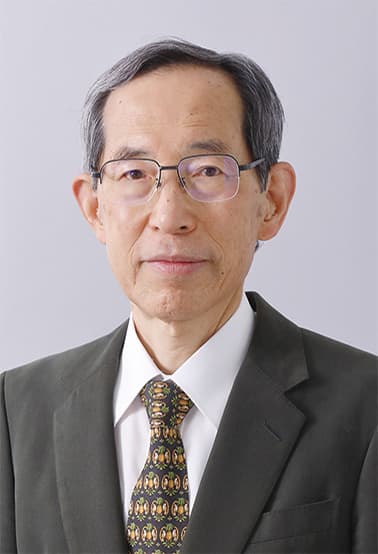Message
I have been appointed to teach at KCGI. My areas of expertise include Artificial Intelligence (AI), the Internet, and Cognitive Science. In the first half of my life, I was a researcher, and from around the age of 45, I have been in the business field.
The most important thing I want to tell the students is that studying is something you do on your own. Nowadays, there is an abundance of information available on the internet.Don't be passive, but be proactive and absorb and digest everything from your teachers and your classmates, and become someone who thinks deeply and accomplishes great things.
Here’s just one piece of advice.Recently, LLMs (Large Language Models) have become very popular, and I’m sure many of you have used tools like Chat-GPT. However, having seen all three AI booms, I think the current fuss in the world is just a passing fad. Simply put, I think it's just that "information search has become easier.The tendency of hallucinations and "habit" of answering false information isdeep-rooted and will not be easily improved. So, don't just blindly trust the answers provided by these systems, but look at the facts with your own eyes, confirm them, and think carefully before coming to a conclusion.
AI is a fascinating field, but I believe it will still take time for its true potential to be realized.Someone who shares this view is Yann LeCun, a key figure in the machine learning boom who is often mentioned alongside Hinton and Bengio. I highly recommend h@ylecunis blog (X: @ylecun)!His interaction with Gary Marcus is also quite interesting.
Finally, I would like to share some of my mottos as a message to all of you:
- Where there is a will there is a way!
- He who dares wins.
- Never put off till tomorrow what you can do today,
but if you are sleepy, throw away everything and go to bed immediately :-).
That last line is something I added myself, and it’s very important:sleep well, learn well!
